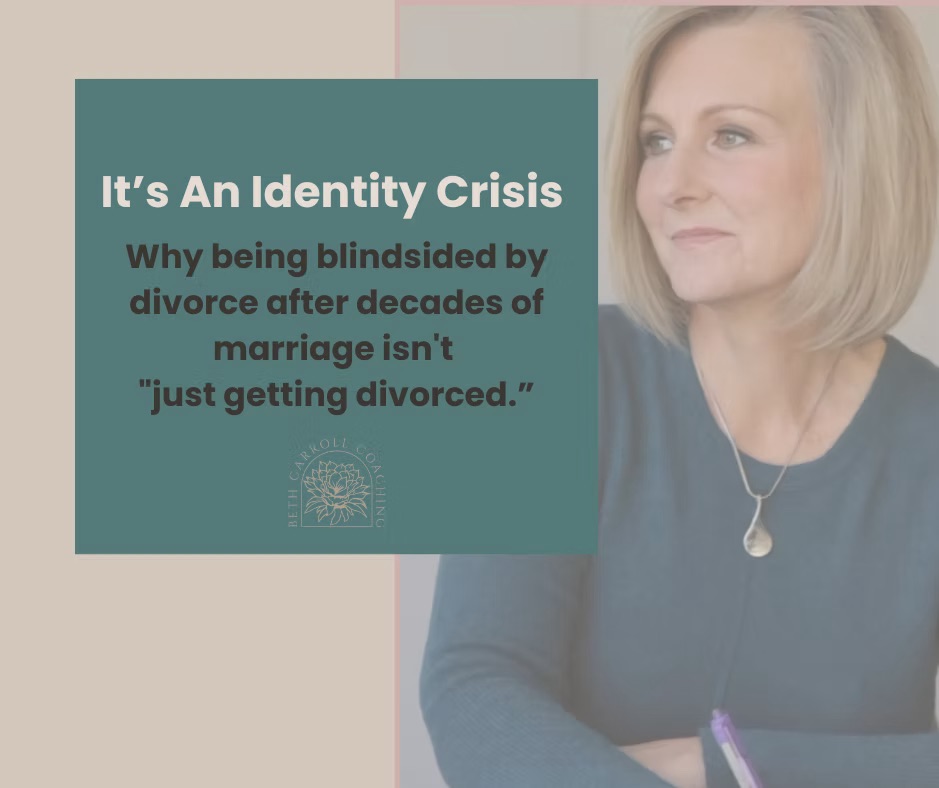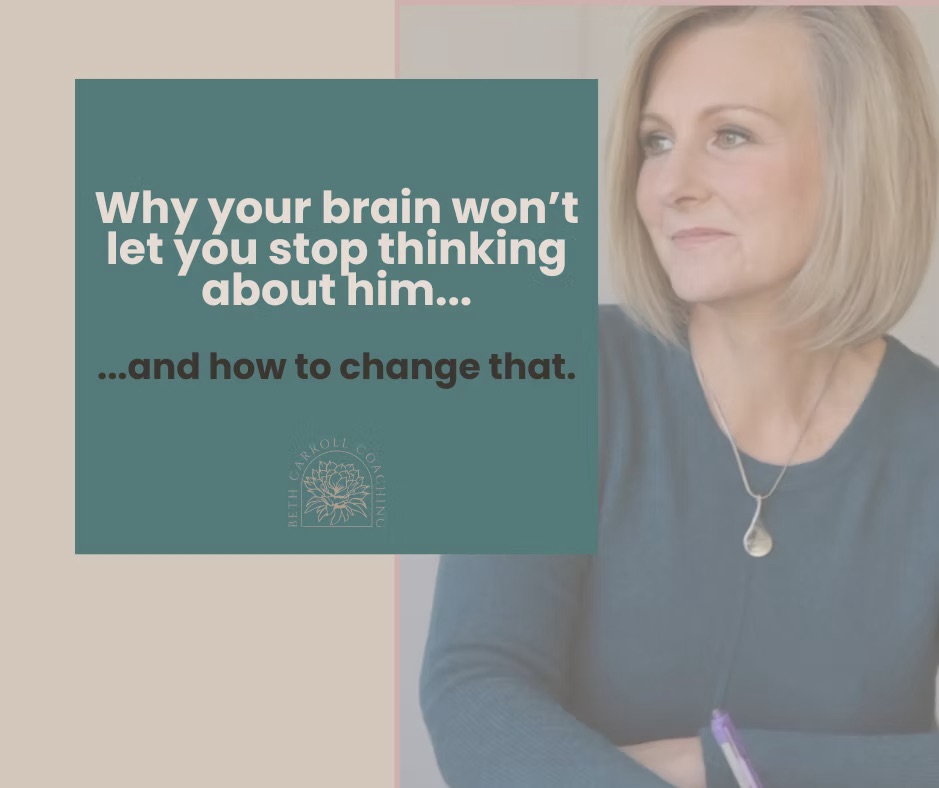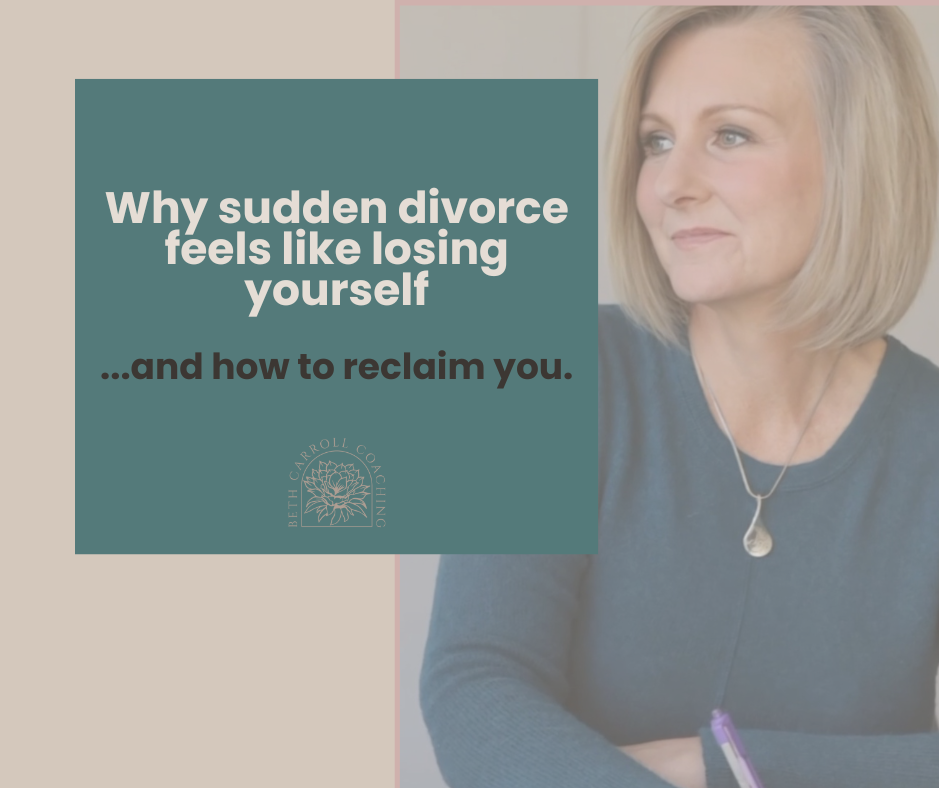When I tell people I help women recover from sudden divorce, they often look confused. “Isn’t all divorce hard?” they ask. “What makes yours different?”
The answer is everything.
There’s a world of difference between a marriage that ends through mutual decision-making and one that ends through sudden abandonment. Yet most people – including therapists, friends, and family – treat them as if they’re the same experience.
They’re not. And understanding this difference is the first step toward recognizing why your pain feels so intense and why traditional divorce advice doesn’t seem to fit your situation.
When divorce involves respect and communication
In a collaborative divorce, both people acknowledge there are problems. Maybe they’ve grown apart, maybe they want different things, maybe they’ve tried for years to make it work but realize they can’t.
Here’s what this typically looks like:
The conversation might start with: “I’ve been unhappy for a while. Can we talk about what’s not working?” or “I think we need to consider whether this marriage can be saved.”
There are discussions. Maybe counseling sessions. Attempts to fix what’s wrong. Both people have input into whether the marriage continues or ends.
Even if one person wants the divorce more than the other, there’s usually time to process what’s happening. There are conversations about how to handle the kids, the house, the future. There’s acknowledgment of what you built together.
Most importantly, there’s respect for the relationship you shared and recognition that ending a long-term marriage is a big decision that affects both people.
When a marriage ends this way, it’s still painful. There’s still grief, loss, and adjustment. But there’s also closure, understanding, and often mutual respect for the years you spent together.
Abandonment comes without warning
Sudden abandonment looks and feels completely different.
The conversation sounds like: “I’m done. I want a divorce. I’ve already talked to a lawyer.”
Or: “I’m not happy and I haven’t been for years. I’m moving out this weekend.”
Or the version I hear most often: “I love you but I’m not in love with you anymore. This marriage is over.” (Many times, this version is followed by, “I’ve met someone else,” a few days or weeks later.)
There’s no discussion about what’s wrong or how it might be fixed. No counseling. No working together to save what you built. Just a unilateral decision that your marriage – and often your entire life as you know it – is over.
You had no idea this was coming. Maybe you knew things weren’t perfect, but you thought you were a team working through life’s challenges together. You certainly never imagined he was planning his exit.
The decision has been made without you, about you, and there’s nothing you can do to change it.
Why this difference matters so much…
The way your marriage ended shapes everything about how you recover from it.
When divorce happens collaboratively, both people have time to mentally and emotionally prepare. They’ve been part of the decision-making process. They understand why it’s happening.
But when you’ve been abandoned suddenly, you’re dealing with something much more complex than divorce. You’re dealing with betrayal, shock, and a complete shattering of your reality.
Your brain goes into trauma mode because it can’t make sense of what just happened. One day you’re married, making plans, assuming your partner is committed to working through problems. The next day, you discover he’s been mentally and emotionally checked out without telling you.
This is why you feel crazy. This is why you replay every conversation looking for signs you missed. This is why people telling you to “just move on” feels so wrong.
You’re not just grieving the end of your marriage. You’re grieving the discovery that the marriage you thought you had apparently never existed..
The unique pain of abandonment
When someone suddenly walks away after decades together, they’re not just ending the marriage. They’re invalidating everything you believed about your relationship.
Every anniversary you celebrated, every crisis you thought you weathered together, every plan you made for the future – all of it gets reframed as something that was only real for you.
This creates a specific kind of pain that people who’ve been through collaborative divorce don’t understand. It’s not just “my marriage is over.” It’s “nothing I believed about my life was actually true.”
The abandonment triggers deep shame: “If I was worth loving, worth fighting for, worth having a conversation with, he wouldn’t have just walked away.”
Please know, that the problem isn’t that you weren’t worth fighting for. The problem is that he wasn’t capable of fighting for anything. He couldn’t handle difficult conversations, couldn’t work through problems, couldn’t honor the commitment he made to you.
What this means for your recovery
Recognizing that you’ve experienced abandonment trauma, not just divorce, changes everything about how you approach your recovery.
It means you need to address the shock and betrayal, not just the sadness of your marriage ending.
It means you need to rebuild your sense of reality and trust in your own perceptions, not just learn to be single again.
It means you need to process the disrespect of how he left, not just accept that he’s gone.
Most importantly, it means you need support from someone who understands that what happened to you isn’t a typical divorce situation. You need tools designed specifically for recovering from sudden abandonment.
You’re NOT overreacting
If your pain feels bigger than what other divorced friends describe, if your recovery feels more complicated, if you’re struggling in ways that divorce books and support groups don’t address – you’re not imagining things.
You’ve been through a specific type of trauma that most people don’t understand and most resources don’t address. I call it “a special kind of hell.”
The intensity of your pain matches the intensity of what happened to you. Being suddenly abandoned by someone you trusted completely is devastating in a way that’s hard to put into words.
Understanding what you’ve been through is the first step toward recovery. Once you recognize that this wasn’t just a marriage ending, but a betrayal of trust and respect, you can begin to address the real issues keeping you stuck.
Your recovery isn’t just about learning to be alone. It’s about reclaiming your sense of self-worth, rebuilding your ability to trust your own perceptions, and understanding that someone else’s inability to communicate or work through problems says nothing about your value as a person.
If you’ve been struggling to understand why this feels so different, so much harder than you expected – now you know. What you experienced wasn’t just divorce. It was abandonment and recovering from abandonment requires a completely different approach.






